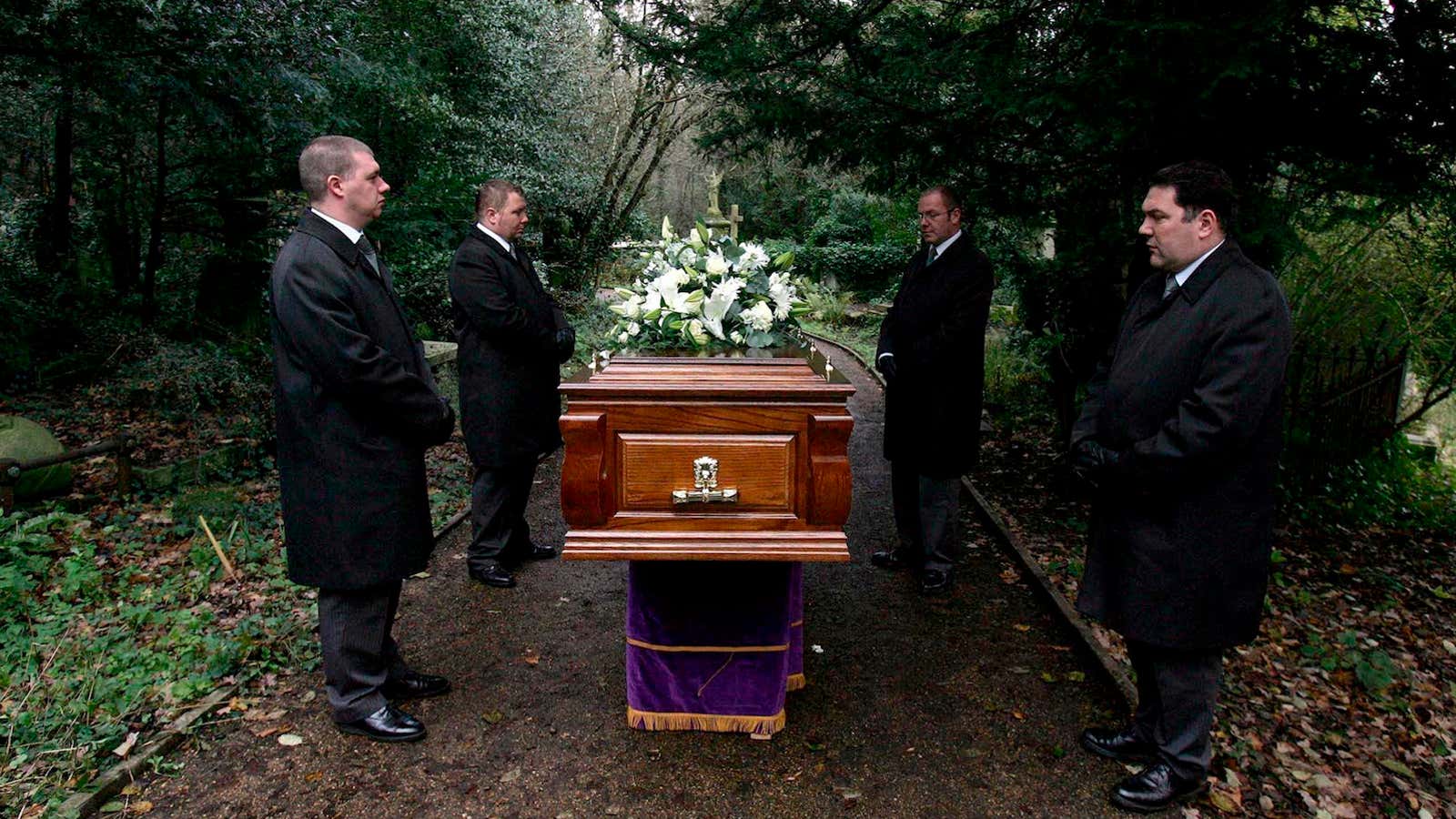In 2007, the UK expelled Russian diplomats and severed contact between their security services. Much of the West was in an uproar with Moscow. The trigger? The murder of Alexander Litvinenko, a KGB defector who was poisoned with polonium 210, a nuclear isotope. The operation, a British investigation concluded, was approved by Russian president Vladimir Putin.

Now, a new East-West rift has opened that, for the gravity of the accusation, rivals the Litvinenko case. In a report on Jan. 6, US intelligence agencies outlined a massive alleged plot by Putin to disrupt the 2016 presidential election, with the aim of sowing Americans’ distrust in their democracy.
In the fullest official account yet of the Russian operation, the 25-page report describes the Russian theft of thousands of emails from the Democratic National Committee, Hillary Clinton’s campaign chairman, John Podesta, and numerous other accounts linked to the party’s campaign. According to US intelligence services, the emails were then passed on to WikiLeaks, which posted them. In addition, Russian journalists and trolls flooded social media with posts seeking to discredit Clinton while building up Trump.
Putin ordered and directed the whole operation, the report asserted.
Russia has denied any role in hacking the US election, and American skeptics of US intelligence agencies remain unconvinced and are demanding that the CIA release some actual evidence—a remote possibility given the risk of disclosing sources. And the chief skeptic, Trump himself, who is intensely worried that his legitimacy may be called into question, seems likely to attempt to repair the breach as soon as he takes power Jan. 20 (although his detente will be opposed by a large number of senators and House members who continue to see Russia as America’s chief adversary.).
But to the degree the intelligence agencies are right, the chances are that in his wildest dreams Putin did not expect Trump to win—indeed, almost no one, Trump included, thought he would. But by throwing a steady diet of red meat to Clinton’s critics—those emails—Putin contributed to the portrait of Clinton as a grotesquely corrupt and untruthful politician. When Trump’s crowds chanted, “Lock her up,” they were often responding to unflattering emails and fake news stories.
The Litvinenko murder was regarded as an extraordinary act because Russia was carrying out revenge in a way that could harm the population of a major western capital. The worry was that it could happen again.
In the case of the US election, the intelligence agencies said Russia will now attempt to do the same in other countries.
“We assess Moscow will apply lessons learned from its Putin-ordered campaign aimed at the US presidential election to future influence efforts worldwide, including against US allies and their election processes,” the report said.
